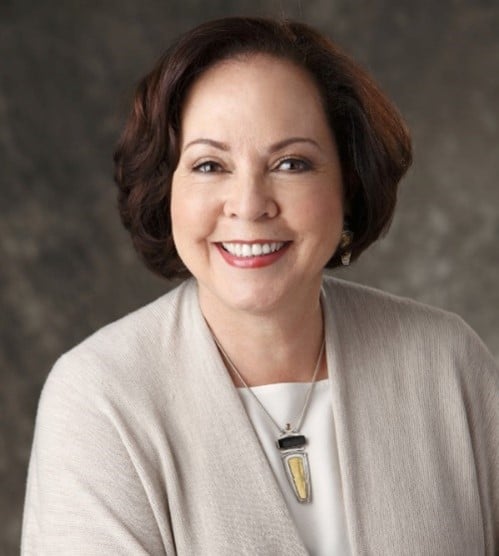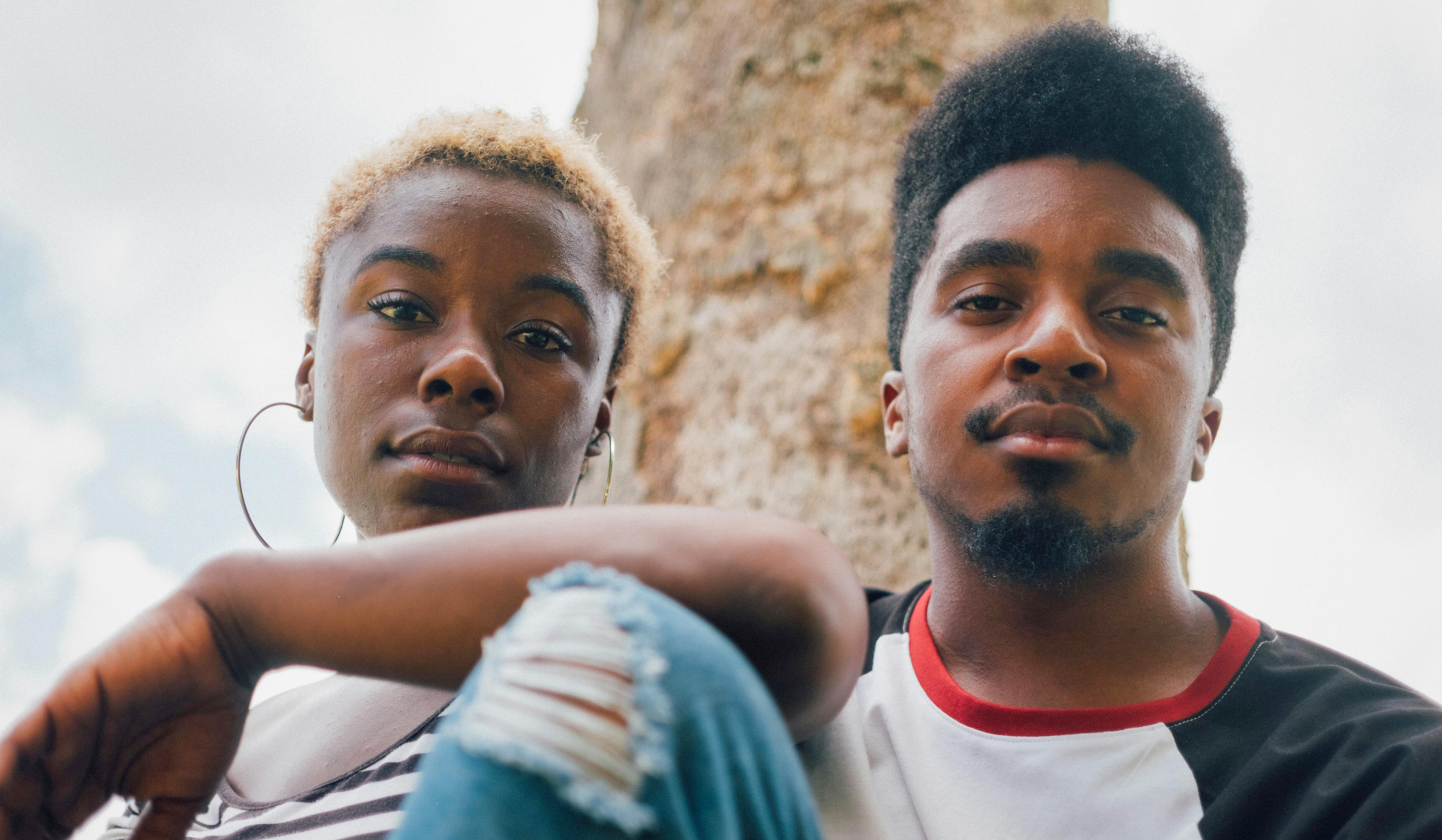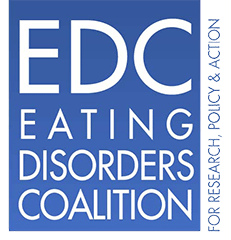This July, join us in recognizing National BIPOC (Black, Indigenous, People of Color) Mental Health Awareness Month and dedicate yourself to learning more about each cultural community’s unique set of beliefs and attitudes about mental health.
At SunCloud Health, we’re always focused on educating about the cultural nuances of minority groups, emphasizing the importance of both representation in the medical field and culturally competent mental health care for all.
Cultural Variations on Mental Health Stigma
In recent years, our overall culture has shifted toward embracing mental health as a crucial piece of one’s well-being. However, some ethnic groups are still working to break down stigma and fully embrace advocating for mental health. For members of BIPOC and other minority communities, views on professional mental health care can be highly nuanced and may be negatively affected by cultural, religious, or even familial barriers.
In BIPOC communities, families and social groups are highly valued and interwoven into daily life. This can provide comfort for those with mental health challenges, as they may easily find support in others and security in healing traditions. On the other hand, this collectivist spirit can also be what perpetuates the stigma and underdiagnosis of mental health disorders. Individuals struggling with their mental health may stay silent to prioritize others in their family or cultural group, or for fear of loved ones knowing about their challenges and thinking less of them. Often, individuals find it difficult to talk about their struggles, as their culture may label them as “weak,” when being vulnerable as such is really a sign of strength.
Regardless of the reason, the pervasive mental health stigma keeps those struggling silent and prevents proper care when individuals need it most. It pacifies the issue, and the cycle of underreached populations continues. This phenomenon makes our work in spreading awareness, breaking down stigma, and providing equal opportunity for care crucial in supporting these communities.
Working Towards Normalizing Mental Health Conversations and Care
By addressing those who silently struggle in BIPOC communities, we are more able to equip individuals with the tools they need to have life-changing conversations about their mental health. Starting that first conversation is never an easy task, which is why it’s so important to normalize these topics in all communities making it easier for those struggling to reach out for help.
The sooner someone speaks up, the sooner they may be able to be administered life-saving care.
Tips for normalizing mental health conversations:
- Start the conversation in a way you can find common ground even as you relate intergenerationally. For example: older generations may prefer a face-to-face conversation or a phone call, adults may appreciate in-person resources and research, while younger generations may like digital resources, like videos.
- Use neutral or more relatable language. Try to use words and phrases that mean mental health without saying “mental health.” You can avoid stigma by using words like wellness, mind, nervous, tired, and down, but still address the root issue.
- Reference how mental health impacts physical health. Sometimes mental health issues manifest in physical symptoms like migraines, stomachaches, or other pains. Starting the conversation discussing physical health makes for a smoother transition to discussing mental health and how they are intertwined.
- Share your personal experiences with mental health. Storytelling is culturally accepted across the board, and no one should argue with your personal experience.
Representation and Competent Care Matters
Another barrier when it comes to BIPOC individuals seeking and receiving care is the lack of BIPOC mental health care providers. Reaching out for help is already a vulnerable process, and many from BIPOC communities find solace in receiving care from providers with similar cultural backgrounds, as they feel more easily understood. With a shortage of BIPOC mental health care providers, BIPOC community members may feel discouraged to seek help.
This issue was discussed in an interview with Dr. Carolyn Coker Ross, MD, MPH, CEDS; co-founder of the Institute for Antiracism and Equity; DEI Officer; Antiracism Trainer, and Consultant; Speaker; and Health Equity Activist.
She states:
“There must be more representation of BIPOC individuals administering and advocating for treatment in healthcare institutions. Having a diverse staff allows patients to feel all the more seen, valued, and understood. This also helps reduce inaccurate diagnoses or the chance of having a patient’s true state of being be overlooked.
Every one of us in and outside of this field should be working to disentangle the issues brought forth by stereotypes, stigmas, and underrepresentation. No matter who comes forward needing help, our reaction should be earnest haste to connect them with the right resources that can change their life for the better.”
While it takes some years to encourage, mentor, and raise a new generation of diverse mental health providers, we know it is crucial to implement and maintain culturally competent care in the meantime. Dr. Carolyn Coker Ross explains the depth of the systemic barriers for BIPOC mental health care professionals and what we can do about it.
Q: How can the eating disorder field better address the needs of communities of color regarding access to care and culturally attuned care for people with eating disorders?
A: There is little room for BIPOC professionals to start their treatment facilities even when they are very capable of doing so. There are very few BIPOC in the management of treatment facilities and very few facilities or healthcare professionals are culturally sensitive/ informed enough to offer care to the BIPOC clients they do get. It’s in many ways a rigged system and very hard to break into. I think raising awareness is important but rarely changes behavior. We need to encourage BIPOC clinicians to go into this field, we need to find ways to open up funding for treatment centers to be owned by BIPOC individuals, and we need to educate behavioral health professionals in cultural sensitivity and competence.
This is a massive task that has not found a true rallying cry amongst those in power in the treatment world of Eating Disorders/Substance Use Disorders.
Q:What steps could be taken in the ED field to center the voices and experiences of clinicians of color?
A: Mentorship, opening the door to opportunities for BIPOC clinicians and entrepreneurs, making sure that wherever you work/whatever program you run pays attention to the need for cultural competence. Each individual must also do their own work – identifying biases that are unconscious and finding support for continuing to pay attention to microaggressions, bias, and discrimination – in their personal and professional lives.
Q: In what ways do harmful stereotypes contribute to barriers such as lower quality care and underdiagnosis for individuals from marginalized communities, and how can these barriers be effectively dismantled to ensure more equitable treatment outcomes?
A: Harmful stereotypes just feed the prevailing narratives about marginalized communities. These biases can lead to more bias and differential treatment of patients – leading to delays in diagnosis and treatment. To combat these stereotypes, training of healthcare staff and clinicians, and increasing diversity in providers and leadership can help improve understanding of BIPOC patients’ needs. Policies must also be addressed – if a policy is not anti-racist, it is likely white-centered and therefore, biased and potentially harmful. Without stated anti-racists goals, mission and policies, it’s easy for treatment facilities to fly “beneath the radar,” convincing themselves that they are making changes without being held to account.
 |
Dr. Carolyn Coker Ross, MD, MPH, CEDS-Co-founder of the Institute for Antiracism and Equity
|
More of Dr. Ross’ insights can be found here or on our website.
Harm Reduction and How We Focus on Providing Care That’s Right for Each Individual
At SunCloud Health we recognize the difficulties BIPOC community members face both personally and professionally. Our company’s core values include Harm Reduction Pillars that serve as our code of standards for creating both an inclusive work culture and an inclusive community for our patients, where all are welcome.
Organizations that practice harm reduction incorporate a spectrum of strategies that meet people where they are, on their own terms, and may serve as a pathway to additional health and social services, including additional prevention, treatment, and recovery services.
At SunCloud Health, this means working with clients and helping to improve their quality of life as defined by the patient to fully engage them in the process. What’s best for the client may not be abstinence-based, which is why our harm reduction approach instead reduces risks or harm at whatever level they are willing, to ensure a patient-led and centered program.
More about SunCloud Health
At SunCloud Health we welcome the opportunity to treat everyone in need of mental health care and strive to ensure that we are open, inviting, and respectful of every person in our community regardless of race or identity preference (men, women, transgender, and non-binary).
We respect the dignity and uniqueness of all life experiences and seek to ensure that historically silenced populations’ voices are heard and BBIPOC (Black, Brown, Indigenous, and Other People of Color) and marginalized populations are centered.
Our staff knows how daunting and vulnerable it is to seek this kind of care, and we ensure that we treat all patients with kindness, respect, and reverence for their unique past.
Learn more about Our Mission or call today to learn what mental health resources we can offer you: (844) 576-0279.





